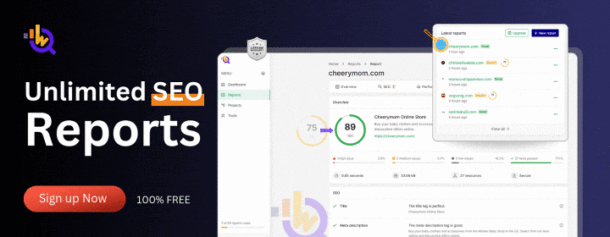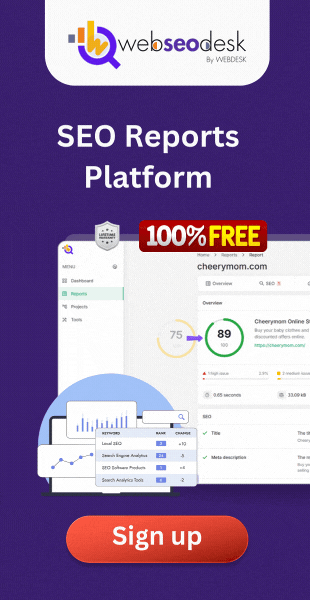Successful SEO in the digital environment of today depends critically on mobile optimization. Search engines like Google have modified their algorithms to give mobile-friendly websites top priority as more people access websites using tablets and cellphones. Should your website not be mobile device compatible, your search engine results and user experience may suffer. We will discuss in this post how mobile optimization enhances SEO and the reasons any website owner should give top attention to this issue.
- Mobile-first Indexing by Google
Google’s mobile-first indexing indicates that it indexes and ranks material mostly using the mobile version of a website. Since more searches are now done on mobile devices than desktop computers, this change demonstrates the rising relevance of mobile surfing.
Your SEO can suffer if your website is not mobile-friendly. Google might punish your results, for instance, if the mobile version of your site loads slowly or is difficult to use. On the other hand, a mobile-optimized website offers a better user experience, which can raise your search results.
- Enhanced Customer Experience
Mobile optimization strongly affects user experience (UX), so UX is a major component of SEO. Google loves websites that give users a flawless experience. Users are more likely to abandon and visit other websites if your site loads slowly, is difficult to navigate, or looks distorted on mobile devices. This lowers your SEO and raises your bounce rate.
Conversely, a mobile-optimized site guarantees that users may quickly access your material, view photos correctly, and complete desired actions, including form completion or purchase making. Users who appreciate their experience are more likely to stay longer on your website, so lowering your bounce rate and sending signals to Google indicating the value of your site improves SEO performance.
- Faster Load Times
Improving the load time of your website is a crucial component for both user experience and SEO, so mobile optimization usually consists of this. Fast-loading pages are expected by mobile users, and Google, among search engines, ranks pages based on page speed. Low engagement and high bounce rates resulting from slow-loading pages may compromise your results.
Use caching methods, minify CSS and JavaScript files, and cut picture sizes to increase mobile optimization and speed. Reducing the load time of your mobile site increases user experience as well as your chances of ranking higher in search results.
- Improved Involvement and Conversations
A mobile-friendly website promotes increased conversion rates and improved involvement. Content that is easily navigable, readable, and purchasable is more likely to be interacted with by mobile users. Users that can rapidly and effortlessly access your site on their mobile devices are more likely to spend time on your pages, interact with your material, and become clients.
Search engines weigh engagement indicators such as time on site, pages per session, and interactions when ranking websites. Your engagement measurements will be better the more effectively your mobile optimization is, thus your SEO may improve.
- Enhanced Local SEO Visibility
Local SEO greatly relies on mobile optimization. Many smartphone searches are location-based, where consumers hunt for companies, goods, or services close by. Google ranks websites using local search queries and location-specific content. You are more likely to show up in local search results if your website is mobile-friendly and tuned for local queries.
If your company has a physical presence, for example, you may utilize mobile optimization to guarantee that your phone number, address, and hours of operation are readily available. This increases your likelihood of showing up in Google’s local pack, which can increase local traffic to your website.
- Structured Data and Mobile Optimized Content
Ensuring that the material on smaller devices is easily consumed will help you to maximize your website for mobile. This entails changing the layout, selecting readable fonts, and making sure images and videos maximize mobile screens. Mobile-friendly content lowers bounce rates, improves your SEO, and motivates guests to stay on your website longer.
Furthermore, integrating structured data—that is, schema markup—on your mobile site will help search engines view and present your material in search results. Structured data gives search engines extra context about your content—including location, reviews, and product details—which can result in rich snippets and enhance search result visibility.
Finally
Mobile optimization is now absolutely necessary for bettering your SEO performance; it is not optional. Optimizing your website for mobile devices will drastically raise your search results with Google’s mobile-first indexing, enhanced user experience, faster load times, and increased engagement. Mobile optimization also guarantees that users on the go may quickly access your content and improves local SEO exposure.
Prioritizing mobile optimization not only enhances SEO but also provides a better experience for your visitors, therefore generating more traffic, higher engagement, and finally more conversions.












0 Comments